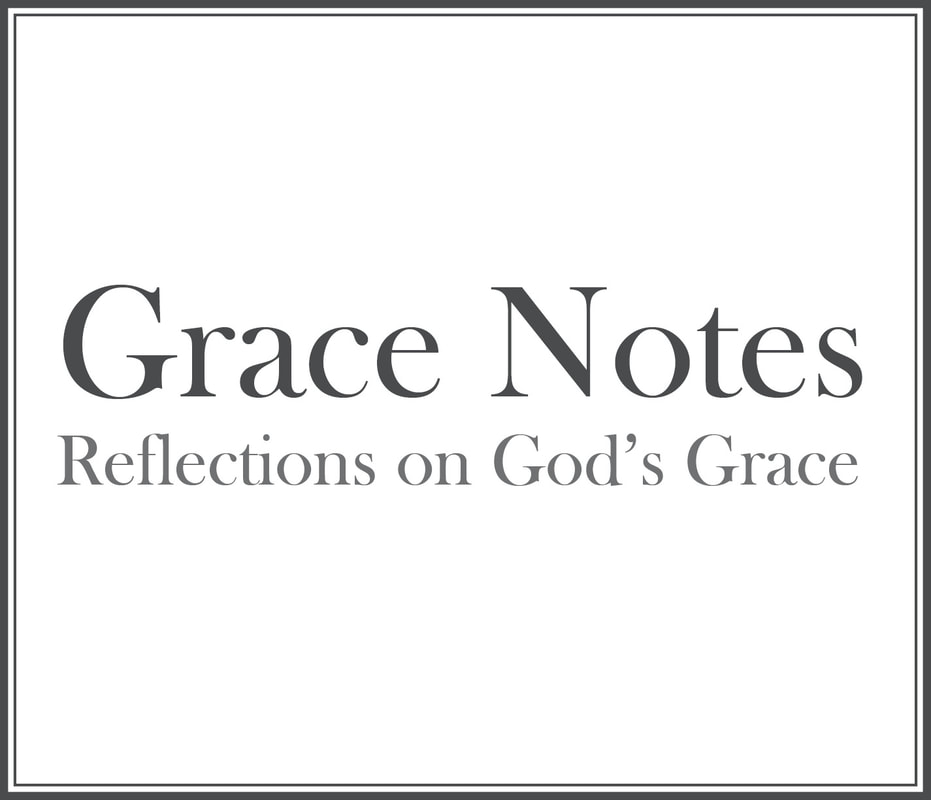 Joy. The word that best describes my week at the ELCA Youth Gathering is joy. Joy in being with the youth and adults from Holy Trinity. Joy in being the church with 16,000 Lutheran youth. Joy in feeling the Holy Spirit move in the lives of these kids. Joy in homecoming. J-O-Y…joy
0 Comments
 Politics are on everyone’s minds. Maybe it is because of the upcoming elections. Then again, it seems to me that everything – and I mean everything – from one’s thoughts on climate change to the kind of coffee I drink becomes a reason to invoke politics. We are a very troubled, anxious, and divided people, and it is not all about politics. Media, social media, and politicians use the deeper causes of division to “rally the base,” as they say. Making everything political makes money and garners votes won out of fear.  In March of 2023, the Congregation Council had its first discussion of a capital campaign to address needs identified by the Property Team to sustain our building into the future. Fifteen months later, we have concluded a Capital Campaign to fund those improvements. We set a three-tiered goal: $1.5 million to do the minimum. $1.8 million to do what was essential. $2 million to do all we hoped to accomplish. As it stands, we have received commitments of $2.352 million from 203 households of the congregation.  In this next week, two commemorations take place that should remind us, once again, that among the many sins and evils of our age, racism is still far from dead. The violence, hatred, and inhumanity wrought by racism don’t need to be detailed or debated, though there are still people who claim that racism is a fiction or a thing of the past. They are woefully wrong.  Because of protests on college campuses, ongoing war and violence in Palestine, and political debate around the world, the specter of antisemitism finds its way into our news, and our public and private conversations. Antisemitism is an evil that never seems to fade. In each generation, it seems, hateful voices and violent acts rise against the Jewish people because of who they are. From the Crusades to the Inquisition, to the Holocaust, Jews have been treated to the grossest acts of inhumanity. Shamefully, the inhuman behavior has been at the hands of those who claimed to be followers of Jesus – a Jew himself.  There have been a few times in my life that I have received a compliment by mistake. Good job on this or that when I didn’t have anything to do with why that thing was good. I often don’t know what to do with those types of compliments. Most of the time, I graciously accept because I don’t want to be the cause of an awkward moment. |
Categories
All
Archives
July 2024
|






 RSS Feed
RSS Feed

